Can I Be Allergic to Water?
.png?v=1674123128845)

Related products
Many people may wonder if it is possible to be allergic to water, as it is a fundamental element essential for life. While it is uncommon, it is possible to have an allergic reaction to water. This is a condition known as aquagenic urticaria. This rare condition can cause a painful rash or hives on the skin upon contact with water, including drinking water or coming into contact with water during activities such as swimming or showering.
What exactly is Aquagenic Urticaria?
Aquagenic urticaria is a chronic urticaria, a condition characterised by developing hives or welts on the skin. It is a rare condition triggered by contact with water and can occur in response to cold and warm water. People with aquagenic urticaria may experience symptoms such as red, itchy bumps on the skin, swelling, and difficulty breathing. In severe cases, the allergic reaction can cause anaphylaxis, which requires immediate medical attention.
How is aquagenic urticaria diagnosed?
Diagnosing aquagenic urticaria can be challenging for doctors. The condition is rare, and the symptoms may be similar to other allergies or skin conditions. To diagnose aquagenic urticaria, doctors may perform a water challenge test, also known as a water provocation test. During this test, the patient is exposed to room-temperature water, and the doctor observes whether the patient develops any allergic reactions.
Aquagenic Urticaria: What Causes It?
The exact cause of aquagenic urticaria has yet to be fully understood. Still, it is thought to be related to the release of histamine from allergy cells called mast cells. The skin is the primary location for mast cells and other tissues. It plays a role in the body's immune system by releasing histamine and other substances in response to harmful substances. People with aquagenic urticaria may release histamine when they touch water, which can cause an allergic reaction. To learn more about Allergies, read our comprehensive guide that covers: Allergies:, Types, Causes, Symptoms, Diagnosis, and Treatment options. If you are looking for treatments for hay fever or general allergens, then visit our extensive page with allergy and hayfever medication and tablets.
How is aquagenic urticaria treated?
To reduce swelling and itching, treatment for aquagenic urticaria may involve a combination of topical medications, such as antihistamines and corticosteroids. In more severe cases, doctors may suggest phototherapy, which uses light to improve skin conditions. Occasionally, you may use oral medications such as non-sedating antihistamines to reduce symptoms. Working with a doctor to determine the most effective treatment plan is essential, as aquagenic urticaria can be a chronic condition that requires ongoing management.
Read more: How do allergy tablets work?
Are There Any Other Aquagenic Cutaneous Disorders?
In addition to aquagenic urticaria, a few other aquagenic cutaneous disorders can cause allergic reactions to water. One such condition is aquagenic pruritus, which causes intense itching upon contact with water. Another is cholinergic urticaria, a condition in which the body sweats excessively in response to physical activity or changes in body temperature. These conditions are rare, and treatment may involve topical treatments and medications to reduce symptoms.
Check for blood allergies using this simple allergy test.
How common is aquagenic urticaria?
Aquagenic urticaria is a very rare condition and is more commonly seen in women and typically affects the upper body, including the face, neck, and arms.
What Should I Do If I Have Aquagenic Urticaria?
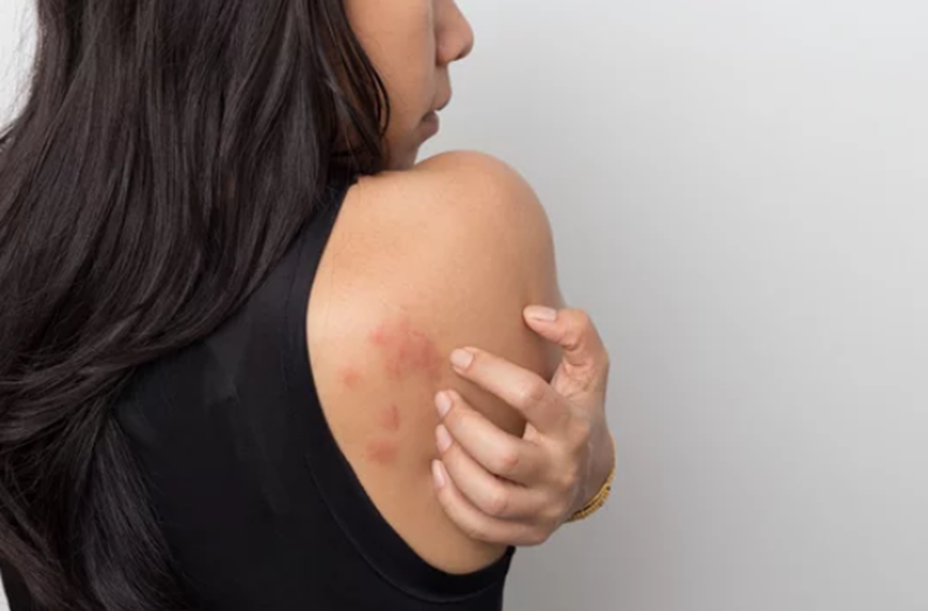
If you think you may have aquagenic urticaria, it is crucial to speak with a doctor or a healthcare professional. They can perform a water challenge test or other diagnostic tests to determine if you have the condition and develop a treatment plan to manage your symptoms. It is also important to avoid contact with water as much as possible since doing so can help lessen allergy responses' frequency and severity.
Read more: What is a sun allergy?
Can I have an allergy to my sweat or saliva?
It is rare, but it is possible to be allergic to your sweat or saliva. This type of allergy is known as auto erythrocyte sensitisation. It can cause hives or other allergic reactions on the skin when the body comes into contact with its sweat or saliva. Auto erythrocyte sensitisation is a rare condition and is often mistaken for other allergies or skin problems. Allergy Testing can help identify whether you're allergic to substances like sweat or saliva, providing you with a clearer understanding of your condition. Treatment may involve medications and avoiding contact with sweat or saliva.
Is it possible to be allergic to seawater?
While it is rare, it is possible to be allergic to seawater. This type of allergy is known as aquagenic urticaria. It can cause a painful rash or hives on the skin upon contact with water. In addition to seawater, people with aquagenic urticaria may also experience symptoms when coming into contact with other types of water, including tap water or shower water. For this condition, you may need to take medicine and stay away from the water as much as possible. If you're unsure about your allergies, you can take a Combined Allergy and Intolerance Blood Test to identify triggers related to various allergens, including water sensitivity.
What are the clinical immunology and allergy management challenges for aquagenic urticaria?
Aquagenic urticaria can be challenging for doctors and other medical professionals to diagnose and treat. One of the main challenges is that the condition is unusual, making it difficult for doctors to recognize the symptoms and make a proper diagnosis. In addition, the symptoms of aquagenic urticaria may be the same as those of other allergies or skin conditions, further complicating the diagnostic process. To assess possible allergens contributing to your condition, it’s important to test for food intolerances as well, which can be done through a Food Intolerance Test to check for reactions that may overlap with water sensitivities.
Treatment alternatives for aquagenic urticaria
Treatment options for aquagenic urticaria may include medications such as antihistamines and corticosteroids to reduce swelling and itching. Phototherapy, which uses light to improve skin conditions, may also be recommended in more severe cases. Doctors sometimes suggest using non-sedating antihistamines, which may help reduce symptoms without causing drowsiness. If you're also experiencing other allergy symptoms, a Premium Intolerance Test might help in identifying underlying sensitivities that could worsen or complicate your condition, enabling a more comprehensive approach to treatment.
Can Aquagenic Urticaria be Fatal?
In rare cases, aquagenic urticaria can be life-threatening. The allergic reaction caused by aquagenic urticaria can cause anaphylaxis, a potentially fatal condition that requires immediate medical attention. Difficulty breathing, a rapid pulse, and swelling of the face, lips, and tongue characterise anaphylaxis. If you experience these symptoms, it is crucial to seek medical attention immediately.
The prognosis for individuals with Aquagenic Urticaria
The prognosis for people with aquagenic urticaria varies, as the condition can be chronic and may require ongoing management. In some cases, the situation may improve over time, while in others, it may persist for many years. Working with a doctor to develop an effective treatment plan to manage your symptoms and follow your treatment plan as prescribed is vital.
Are There Any Case Reports of Aquagenic Urticaria?
These case reports describe the symptoms and treatment of individuals with aquagenic urticaria. They may provide insight into the diagnosis and management of this rare condition. A woman developed aquagenic urticaria after drinking cold water in one case report. Her symptoms were successfully treated with antihistamines and phototherapy. In another case report, a man developed aquagenic urticaria after swimming in a pool. His symptoms were effectively managed with corticosteroids and antihistamines.
Can I Drink Water if I Have Aquagenic Urticaria?
If you have aquagenic urticaria, you must speak with a doctor or a healthcare professional about your treatment plan. But be careful and only drink water that has been treated to get rid of things that could cause an allergic reaction. If you experience symptoms after drinking water, seek medical attention immediately.
Conclusion
The medical term for being allergic to water is "aquagenic urticaria." This condition is characterised by developing hives or welts on the skin upon contact with water. It can occur in response to both cold and warm water. Aquagenic urticaria is a rare condition that starts when a person comes in contact with water. It can be a long-term problem that needs to be managed over time. Aquagenic urticaria can cause red, itchy bumps to form on the skin and swelling and trouble breathing. In severe cases, the allergic reaction can cause anaphylaxis, a potentially life-threatening condition.








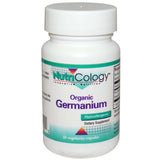
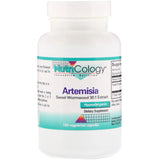



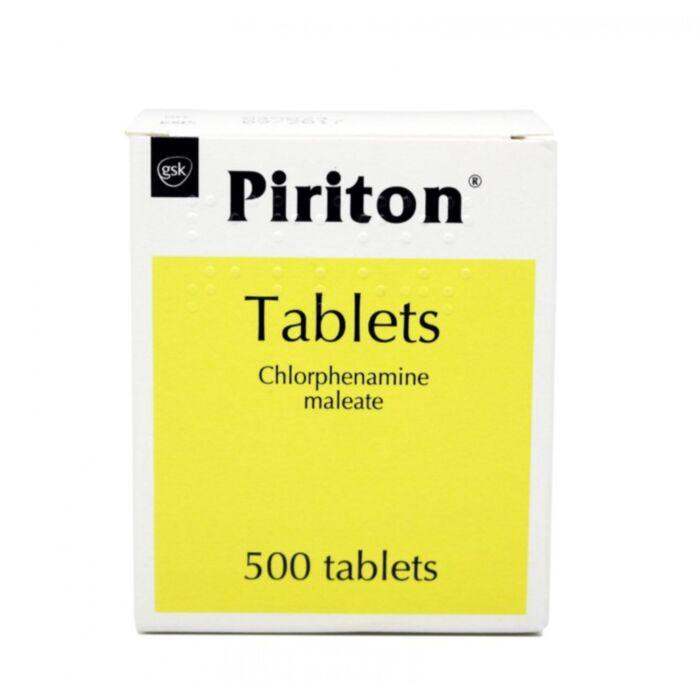
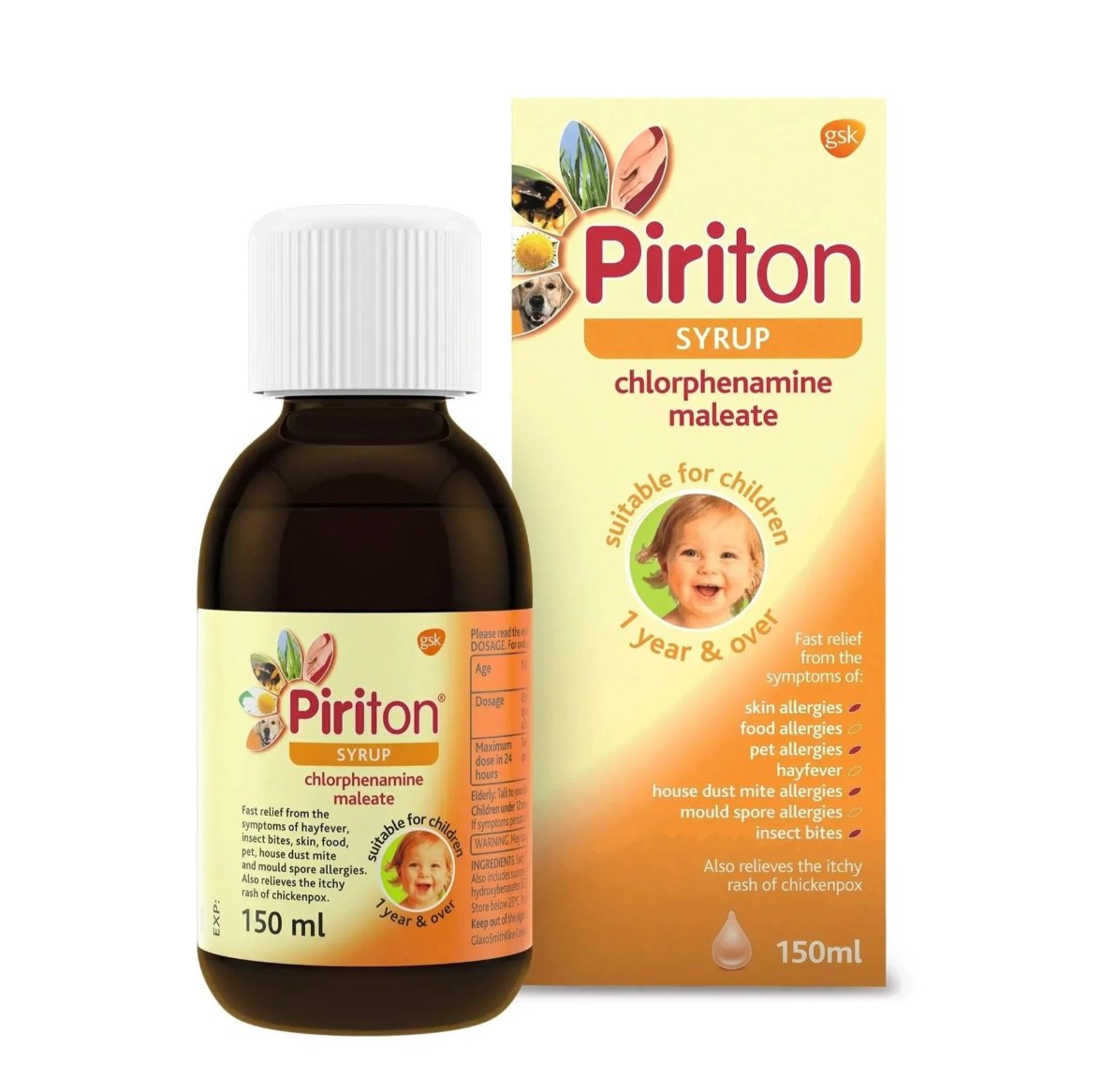
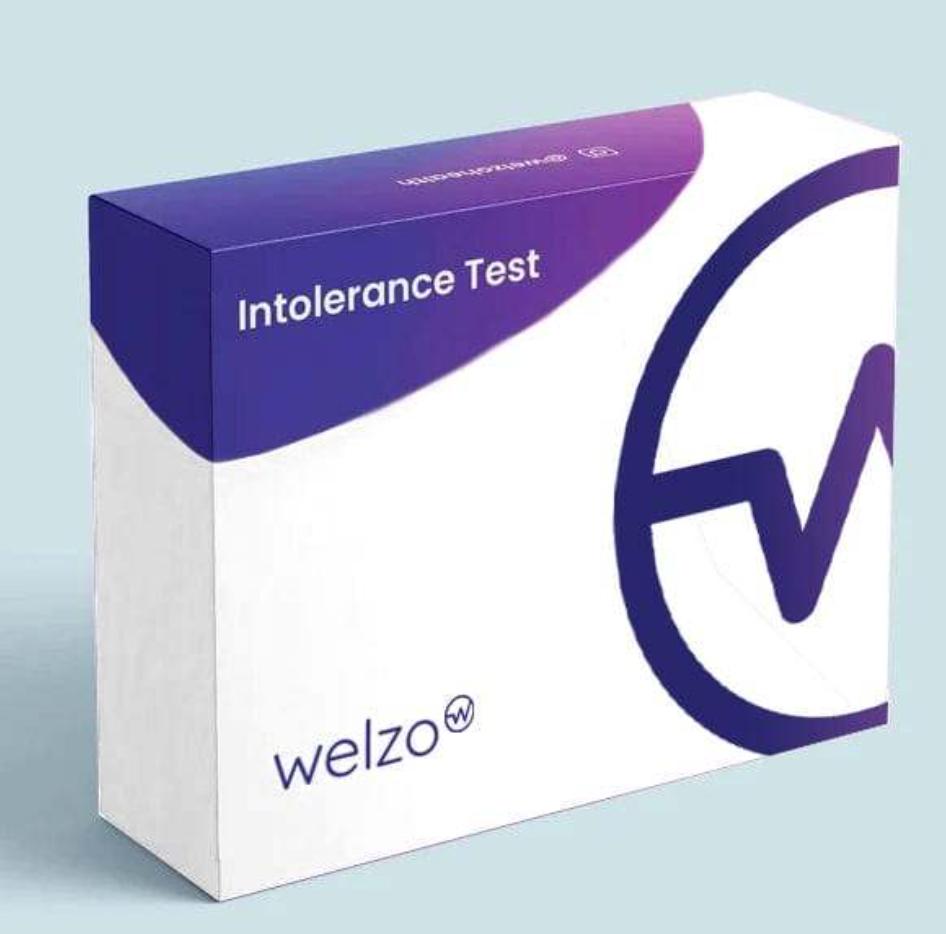








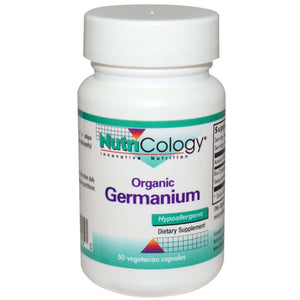
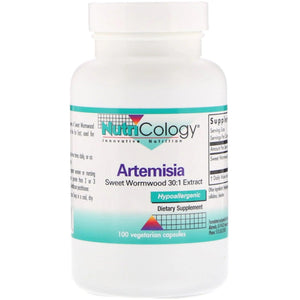



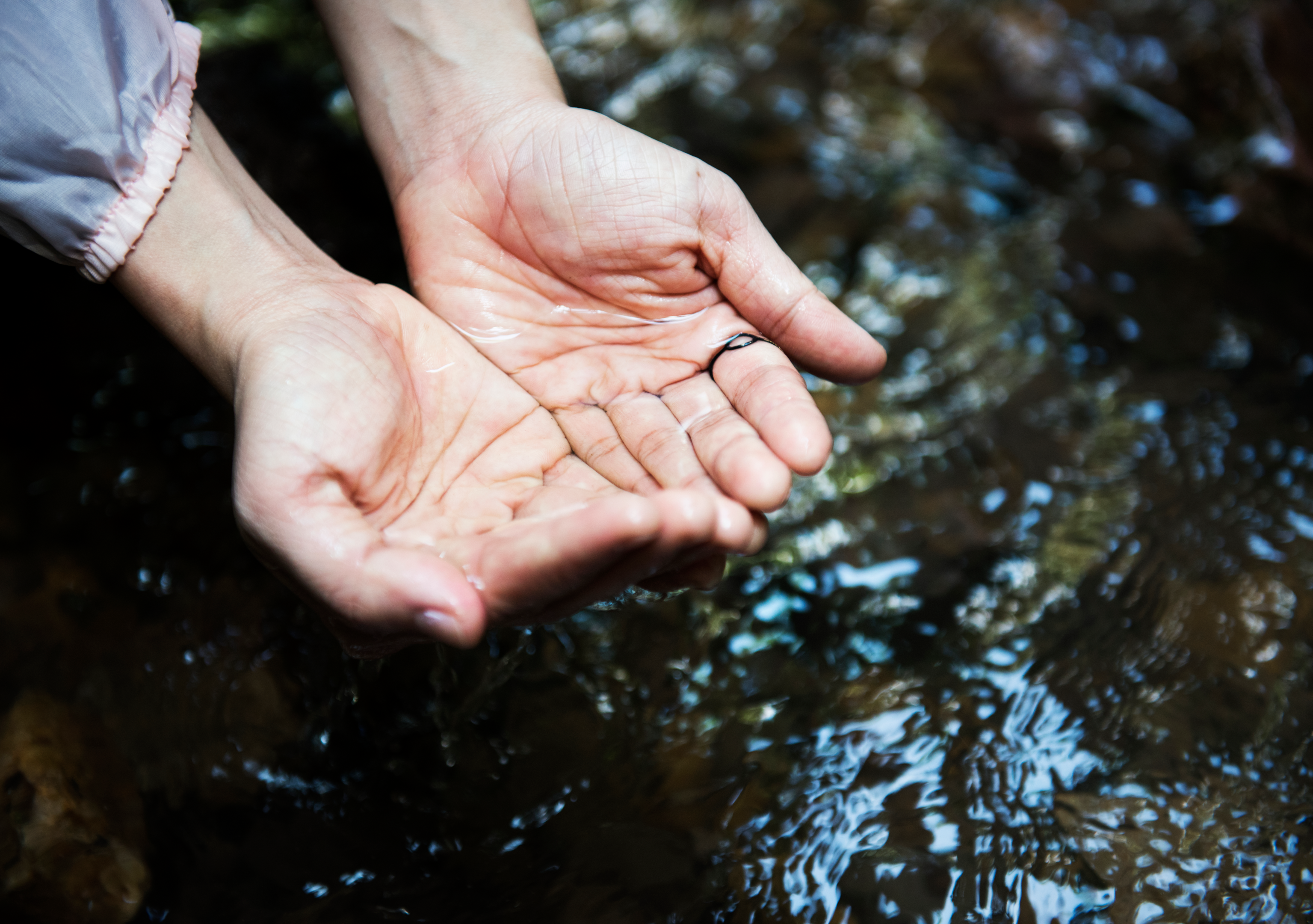
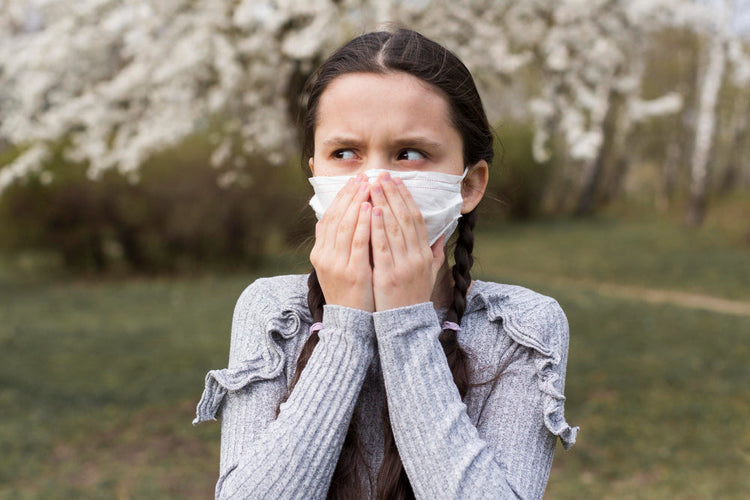
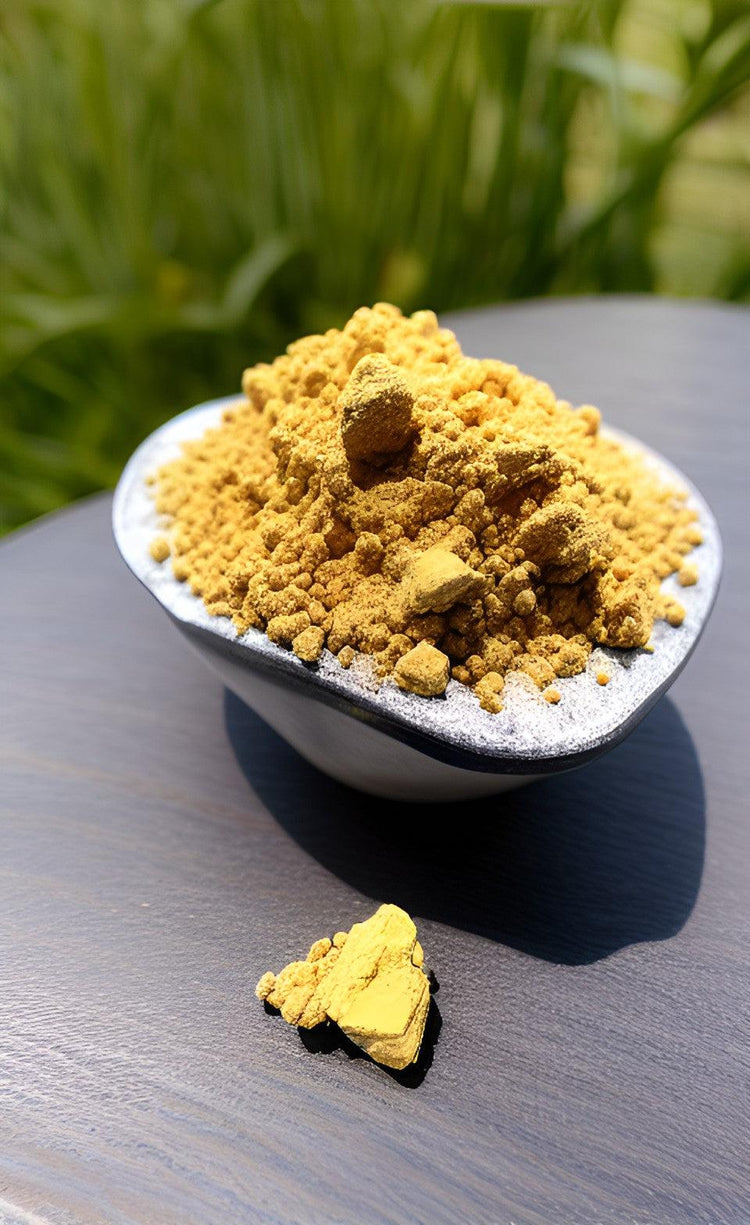




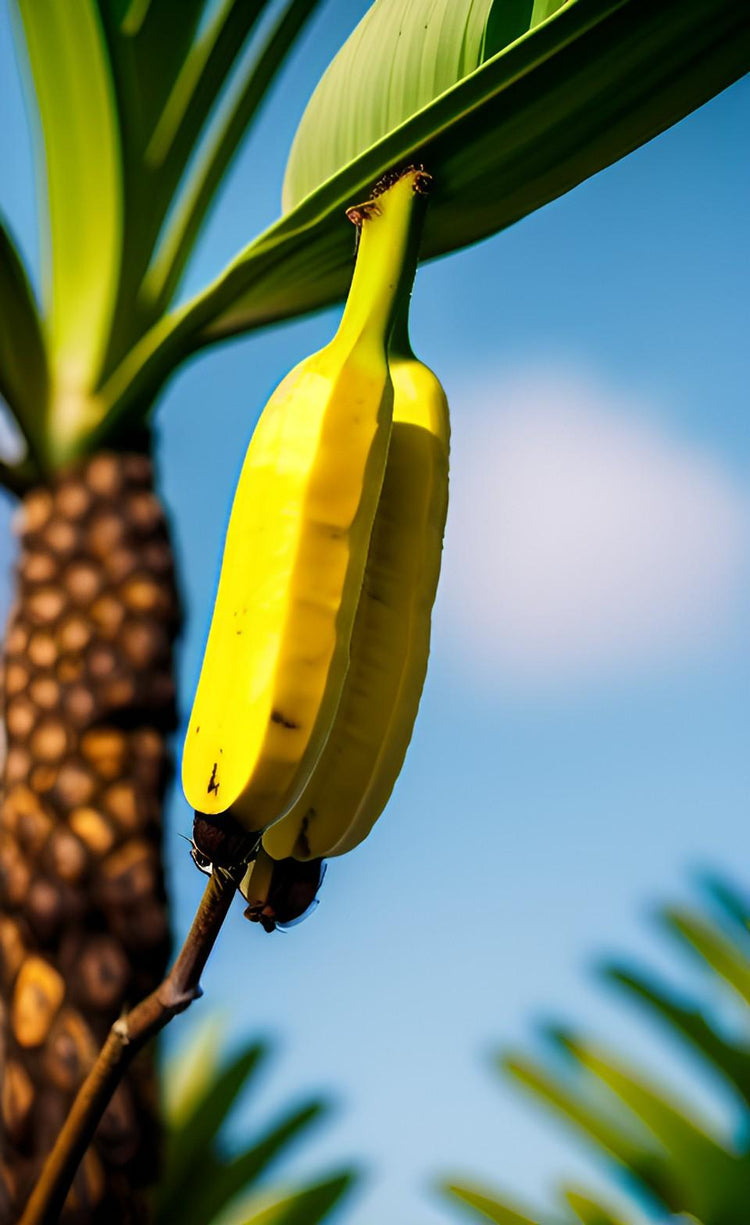
 Rated Excellent by 26,523+ Reviews
Rated Excellent by 26,523+ Reviews